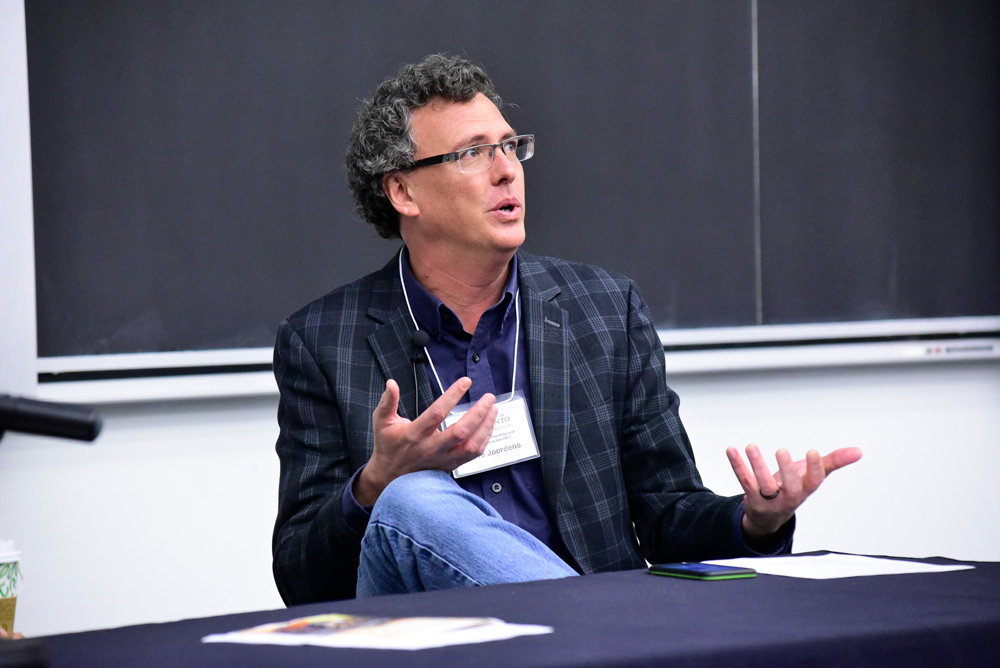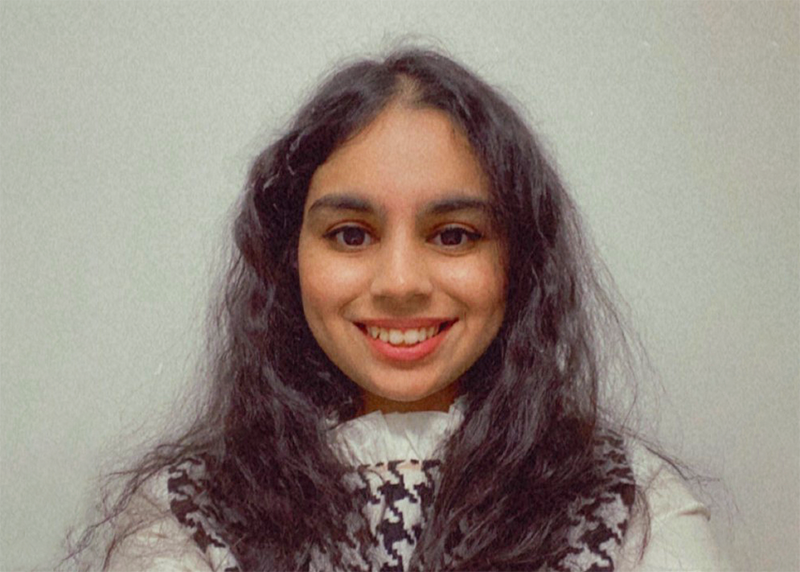Students in a U of T Scarborough psychology course created hundreds of public awareness campaigns to get young adults to challenge myths around homelessness.
About 1,800 students worked in groups of four, culminating in more than 400 projects. The groups selected a winning campaign, which was sent to Houselink and Mainstay, one of Toronto’s largest community housing organizations. The non-profit has reportedly struggled to reach young people in their education efforts.
“We knew that homeless people were getting particularly hit by COVID and that there were a lot of additional issues they’ve been facing,” says the course’s instructor Steve Joordens, professor in the department of psychology. “I think students also saw that there could be a real impact if younger people understood homelessness better.”

Students were given a few common myths, such as the belief that homelessness is a choice or the exclusive result of substance abuse. They were then told to imagine they were consultants for Houselink and Mainstay and create something that would resonate with people their own age.
One group made a video by going to downtown Toronto and interviewing homeless people on how they ended up on the streets. Before leaving, the students gave their interviewees care packages of toiletries and other useful items. The winning project created an Instagram account and series of posts for Houselink and Mainstay.
Before even submitting her assignment, first-year neuroscience student Zaynab Azeem had already taken action outside the classroom.
“At first it was just a project to me, but as soon as my friends and I started researching we actually realized how important this topic is,” Azeem says. “I also realized that while you're at university, it’s what you do outside of academics that really matters in the end.”

She joined Blankets for T.O., a non-profit founded at U of T Scarborough that addresses homelessness through advocacy, education and donations. Established in 2019, the organization has expanded to five chapters at universities across Ontario. Azeem joined partly because it was created by three first-year students.
“That definitely inspired me, because if people just like me could start something like this, why couldn't I?” she says.
As the organization’s first-year representative, Azeem started a podcast called Beyond the Blankets and recently interviewed Joordens on myths around homelessness.
It was a full-circle moment for Azeem in two ways: a podcast inspired her to pursue neuroscience in the first place.
“If my passion stemmed from a podcast, maybe someone else's passion towards homelessness, and helping any marginalized community for that matter, can come from one too,” she says.
Azeem has also written for the group’s blog and helped with fundraising events, including a blanket drive in January that raised more than $2,000 to fund 100 care packages for Toronto shelters. She’s also working on her next podcast episodes, which will explore how Canadian laws work against homeless people and other ways to get involved with Blankets for T.O.

For Joordens, guest starring on the podcast was a heartwarming experience. He tailored the project for the course (titled "Introduction to Biological and Cognitive Psychology") to encourage advocacy, which he says is an effective way to develop critical thinking and communication skills.
“We need these skills because we can change the world in certain ways if we can learn to think well, organize our thoughts and communicate well with others,” he says. “And it's so much more enjoyable for students to do hard work when that work could actually make a difference.”
